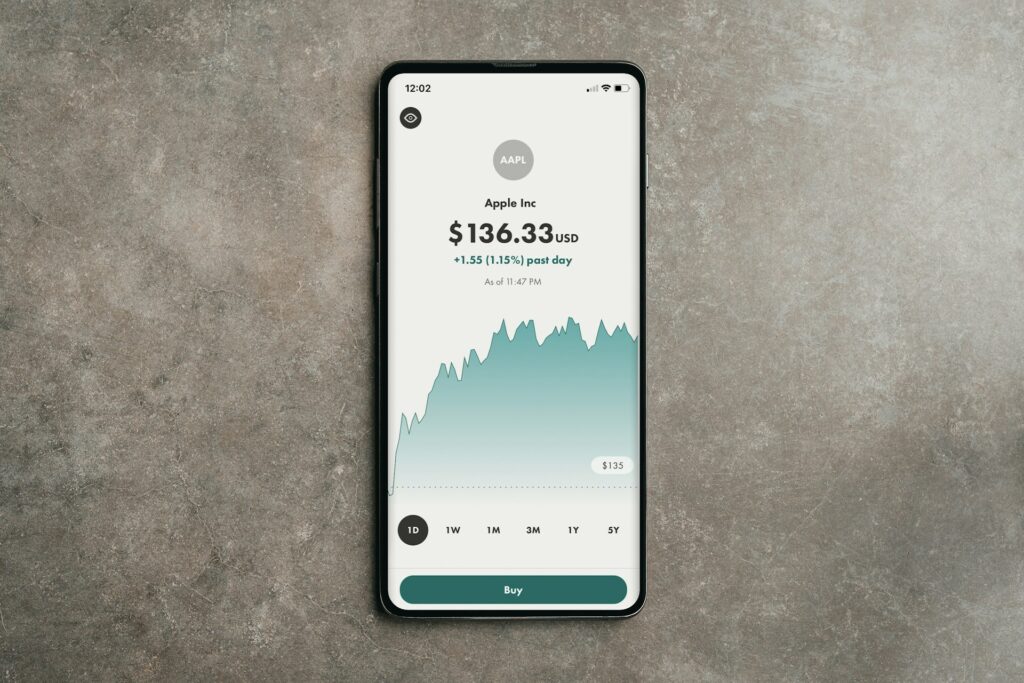The rapid advancement of technology continues to reshape various industries and sectors, offering innovative solutions that were previously unimaginable. In the world of rental housing, deposit alternatives are no exception. As Canada’s rental market evolves, leveraging technology to streamline and enhance the adoption of deposit alternatives can lead to a more efficient and inclusive rental landscape.
In this blog post, we will explore the intersection of technology and deposit alternatives in the Canadian rental market, delving into emerging innovations and digital tools that can revolutionize the way landlords and tenants approach rental deposits. We will discuss how technology can simplify the implementation of deposit alternatives, boost transparency and accessibility for both landlords and tenants, and contribute to a more harmonious rental ecosystem grounded in trust and efficiency.
1. Digital Rental Platforms
Digital rental platforms can facilitate the end-to-end rental process, from property listings and tenant applications to lease agreement signing and deposit alternative registration. By integrating deposit alternatives as a standard offering within these platforms, landlords and tenants can easily access and manage their preferred deposit solution alongside other rental transactions, reducing complexity and streamlining workflows.
2. Tenant Screening Tools
Tenant screening tools equipped with deposit alternative features can help automate the process of evaluating prospective tenants’ eligibility for specific deposit alternatives. By incorporating factors such as credit scores, rental history, and income levels, these tools can provide landlords with valuable insights to make data-driven decisions about renter qualifications and deposit requirements.
3. Deposit Alternative Management Software
Technology can also aid in the ongoing management of deposit alternatives, with dedicated software solutions for tracking rental deposits, deposit insurance premiums, and other related data. These tools can help landlords and tenants maintain financial transparency, monitor lease compliance, and effectively manage risk throughout the rental term.
Enhancing Transparency and Accessibility Through Technology
The integration of technology in the realm of deposit alternatives can greatly improve transparency and accessibility for both landlords and tenants. In this section, we will outline various tech innovations that promote a more open and inclusive rental ecosystem and foster trust between property managers and renters.
1. Online Deposit Account Management
Offering an online portal or mobile app for deposit alternative account management provides tenants and landlords with a user-friendly, centralized platform to view and manage their deposit transactions. This increased transparency helps build trust between parties, while also allowing direct communication regarding deposit-related matters.
2. Digital Document Storage and Sharing
Secure digital document storage and sharing platforms can facilitate seamless communication between landlords and tenants throughout the rental process. By providing easy access to lease agreements, deposit alternative contracts, and other relevant documents, both parties can enjoy greater confidence in the clarity and accuracy of their rental transactions.
3. AI-Powered Financial Tools
Artificial intelligence (AI) and machine learning technologies can play a role in analyzing and predicting the risks and benefits associated with various deposit alternatives. By utilizing these advanced analytics tools, landlords can make more informed decisions about the appropriateness of different deposit alternatives for their properties and rental markets.
Fostering a Harmonious Rental Ecosystem Grounded in Trust and Efficiency
Embracing technology to improve the adoption and management of deposit alternatives leads to a rental ecosystem that is characterized by greater trust and efficiency. In this section, we discuss how technology can help nurture a more cohesive and harmonious rental market for all parties involved.
1. Streamlined Communication Channels
Communication is essential to fostering trust and harmony between landlords and tenants. By leveraging technology to streamline and centralize communication channels, both parties can easily stay informed and address concerns related to deposit alternatives or other rental matters in a timely manner.
2. Conflict Resolution Mechanisms
Technology can also play a crucial role in conflict resolution, with digital platforms offering neutral ground for addressing disputes related to deposit alternatives. By providing objective data and a secure environment for resolving issues, technology can help facilitate fair, unbiased outcomes that benefit both parties.
3. Data-Driven Decision Making
The integration of technology in the deposit alternative sphere can provide rich data insights that drive more informed decision making for landlords and tenants alike. By utilizing analytics tools, rental market trends can be discerned, allowing stakeholders to identify opportunities for growth and improvement within the sector.
Final Thoughts
The marriage of technology and deposit alternatives in the Canadian rental market holds the potential to create a more efficient, transparent, and harmonious rental landscape for all parties involved. By embracing the latest digital tools and innovations, landlords and tenants can simplify and optimize deposit alternative implementation and management, fostering a more inclusive and sustainable rental ecosystem.
As we continue to chart the future of rental housing in Canada, Rental Deposits Now remains committed to helping you leverage technology and deposit alternatives to capitalize on the promise of a flourishing, equitable rental market.
Are you prepared to elevate your rental strategy with cutting-edge technology and property management solutions? Join Rental Deposits Now and pioneer a new era of rental housing in Canada.

